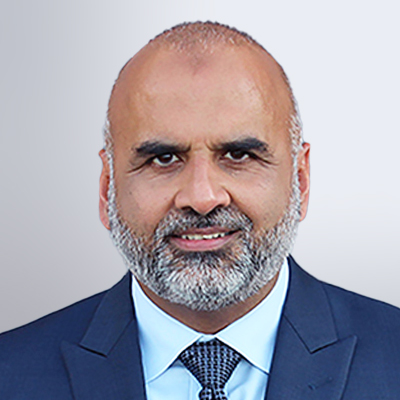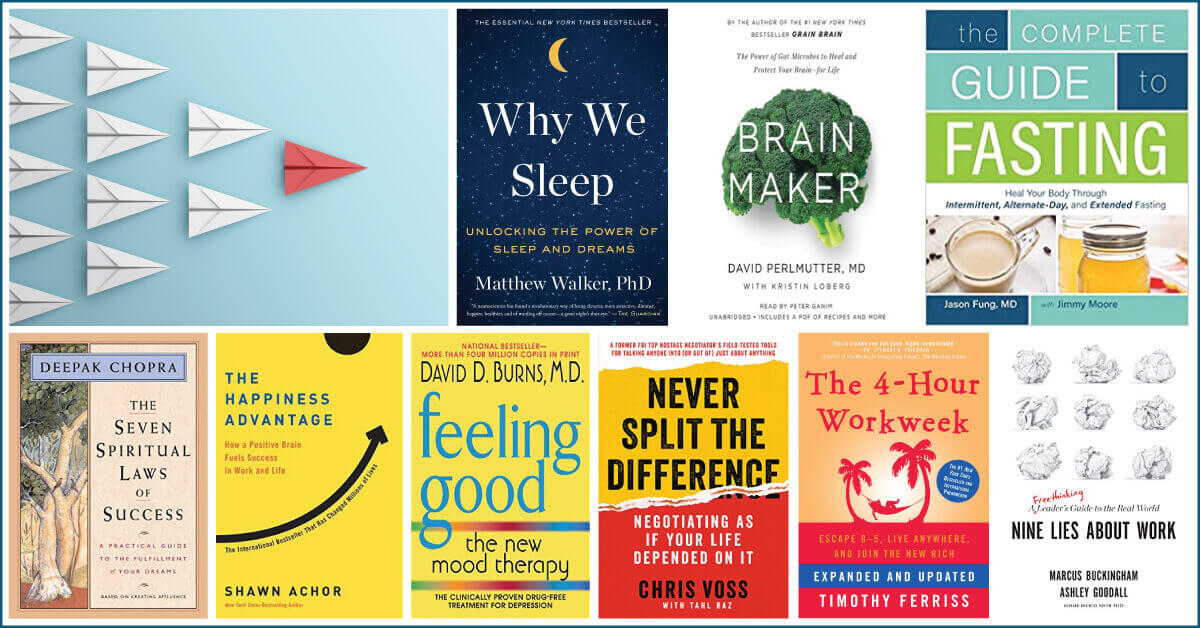In Nisum CEO, Imtiaz Mohammady's Forbes article, "The Two Things That Can Sustain Your Business During Times Of Uncertainty," he advises keeping two areas of focus in mind when planning for the future; people and nimbleness. Read it on Forbes here or continue reading below.
The Covid-19 pandemic caught the entire world off guard, unleashing a global health and economic crisis on a scale that we have never seen before. Of course, hindsight is 20/20, leaving many business leaders grappling with how their organizations could have been better prepared to handle this massive disruption and the ensuing period of market dislocation.
Understanding that we are still in the midst of the Covid-19 pandemic and that business will likely not return to any semblance of pre-pandemic normalcy anytime soon — if ever — I know that my fellow CEOs and business leaders are working hard right now to develop a picture of what the new business landscape will look like.
The current crisis has perhaps provided a wake-up call for many organizations in terms of how well-prepared they are for the unexpected. While we may not be able to predict the next event that will upend the market in the way this has, we can be fairly certain that such an event will happen again.
During times of "business as usual," there are actions we can take as leaders to ensure our organizations are equipped as much as possible to weather the unpredictable. As we begin the slow road to recovery from Covid-19, we must keep two areas of focus in mind in planning for the future:
1. People come first.
It's my belief that people should always come first within any organization. If the company has made it common practice to communicate transparently with employees and build trust during both good and bad times, employees are more likely to stick by the company during times of uncertainty. In other words, if you put your people first, your people will be more likely to put the business first.
For many organizations, this belief was tested in new ways during the unprecedented Covid-19 crisis. At Nisum, we knew that it was key to keep our team members feeling engaged and productive even as projects shifted or halted as different parts of the world dealt with the virus. Of course, this meant giving them the remote and digital tools they needed to adapt to a new way of working, but we also launched a pro bono initiative and free development services for efforts to combat Covid-19. This gave an important sense of purpose to our team members who had been rolled off other projects because of the pandemic.
Having a robust professional development program built out within your organization is also key to weathering uncertainty. When your team members are used to honing their existing expertise and learning new skills on a regular basis, they are more able to quickly adapt to changing circumstances with less lag time — which brings us to our next point:
2. Nimbleness is key.
Digitization played a major role in how companies were able to respond to Covid-19. As pointed out in a recent study from McKinsey, the pandemic accelerated the migration to remote and digital for B2B businesses. Those that have been best able to navigate the pandemic are the ones that were set up to cater to their customers online.
This comes down to a question of how agile and nimble your organization can be when it comes to being able to quickly pivot and adjust to even the most unexpected of external circumstances.
As a result of Covid-19, nonessential businesses needed to figure out not only how to bring the majority, if not the entirety, of their operations online but also how to empower their employees to work remotely.
We saw retailers for certain types of goods (grocery, home fitness and arts and crafts) deal with huge spikes in online demand that often resulted in shortages and products going out of stock for consumers.
We also saw companies pivoting their core business. Some restaurants began to sell community-supported agriculture (CSA) produce boxes directly to consumers. As the Harvard Business Review noted, some large consumer packaged goods companies prioritized the production of essential goods as demand plummeted in other product segments, and Spotify began to create original content as advertisers cut their spending.
Organizational agility determined how effectively individual companies were able to address these challenges and continue their business operations under the new conditions brought about by Covid-19. As the trajectory of the virus is still unclear, the lesson here for business leaders is that they need to be developing contingency plans for their contingency plans in order to pivot quickly and keep operations as seamless as possible.
No one predicted the current global health crisis and subsequent shutdown of the global economy, and even as we are recovering, executives must be thinking about future disruptive events. For example, does your organization have a business continuity plan in the event of a digital threat on the same global scale as Covid-19?
As leaders, the best we can do for our organizations is to expect the unexpected, understanding that we won't know exactly what that looks like. This means that your business's ability to be agile is of the utmost importance, both in terms of your people and your systems.




